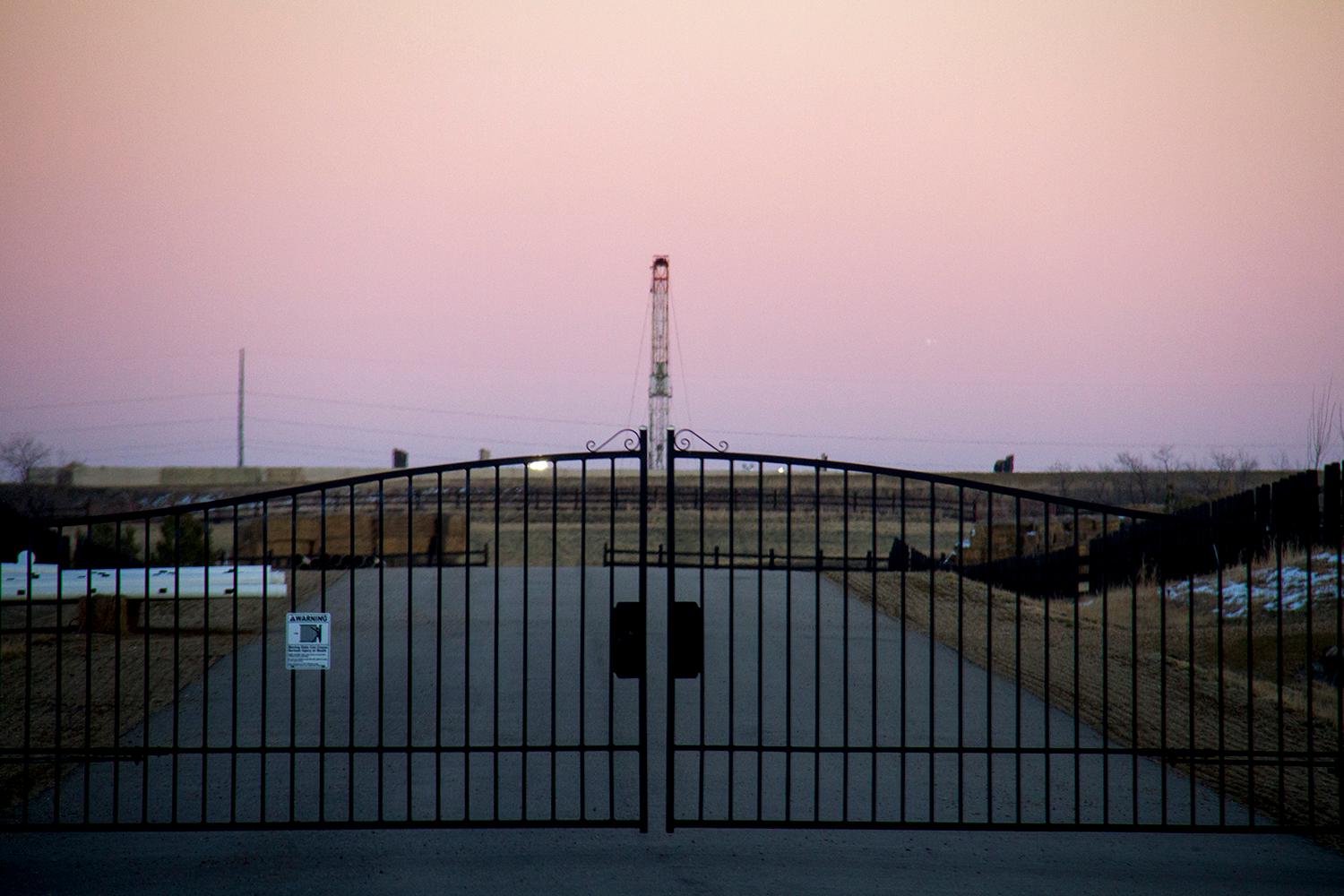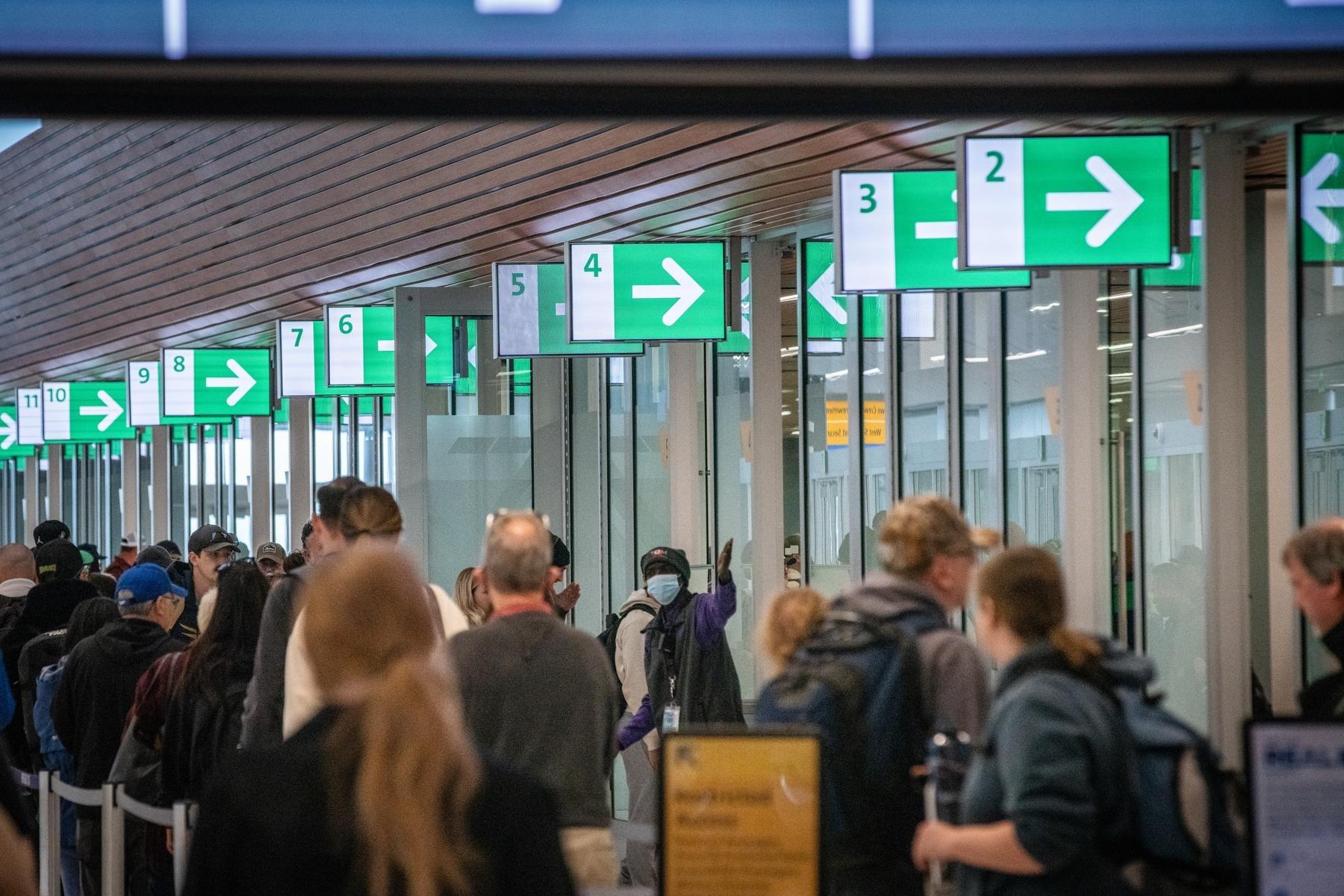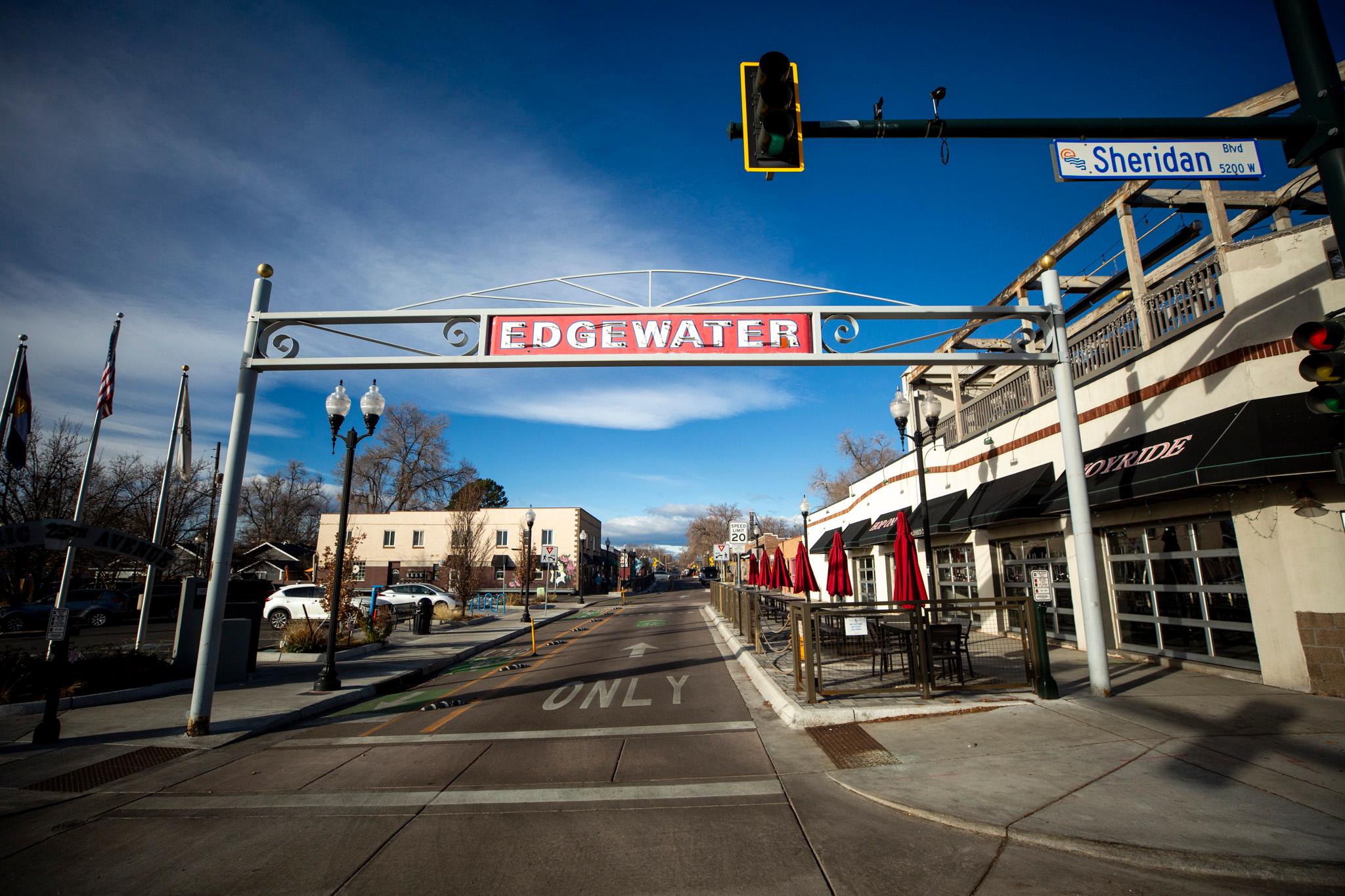
By Dan Elliott, Associated Press
DENVER (AP) — Colorado officials who reviewed thousands of air samples and a dozen studies on air pollution from oil and gas sites said Wednesday the risk of harmful human effects appears to be low, but they stressed that more study is needed.
"The main message (is not) that we didn't find anything," said Mike Van Dyke of the Colorado Department of Public Health and Environment. "It would be, so far we didn't find anything."
The department looked at more than 10,000 air measurements taken between 2008 and 2015 in two of the state's most active oil and gas areas, the Denver-Julesburg Basin in northeastern Colorado and the Piceance Basin in western Colorado.
The measurements showed pollution levels didn't exceed short- and long-term exposure standards set by the federal government, or by various state governments if no federal standards existed, Van Dyke said.
The department also reviewed 12 studies completed between 2013 and this year that looked at potential human health problems related to living near oil and gas sites. The studies were done in Colorado, Pennsylvania and Australia
The evidence from the health studies was limited but didn't indicate a need to take any immediate action, the department's report said.
The studies were preliminary in nature and weren't designed to definitively establish or rule out a link between oil and gas sites and health problems, Van Dyke said.
That would require a multi-year study costing more than $1 million — the type usually funded by the federal government and conducted by a university, not a health department, he said.
Experts at the Colorado School of Public Health, which wasn't involved in the health department review, had not read the results and weren't ready to comment, spokeswoman Tonya Ewers said.
Health officials in three counties with busy oil and gas fields — Garfield, Mesa and Weld — didn't immediately return calls seeking comment.
The health department is working on another study of health risks based on research by a Colorado State University professor, who tested air pollution from wells in western Colorado and along the Front Range. That study is expected early next year.












